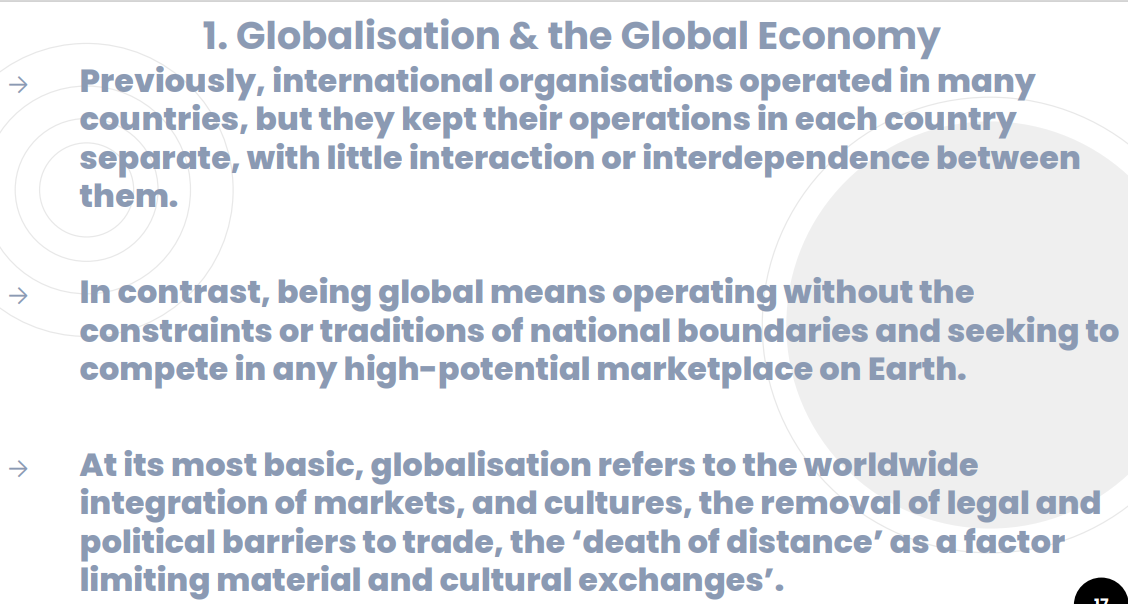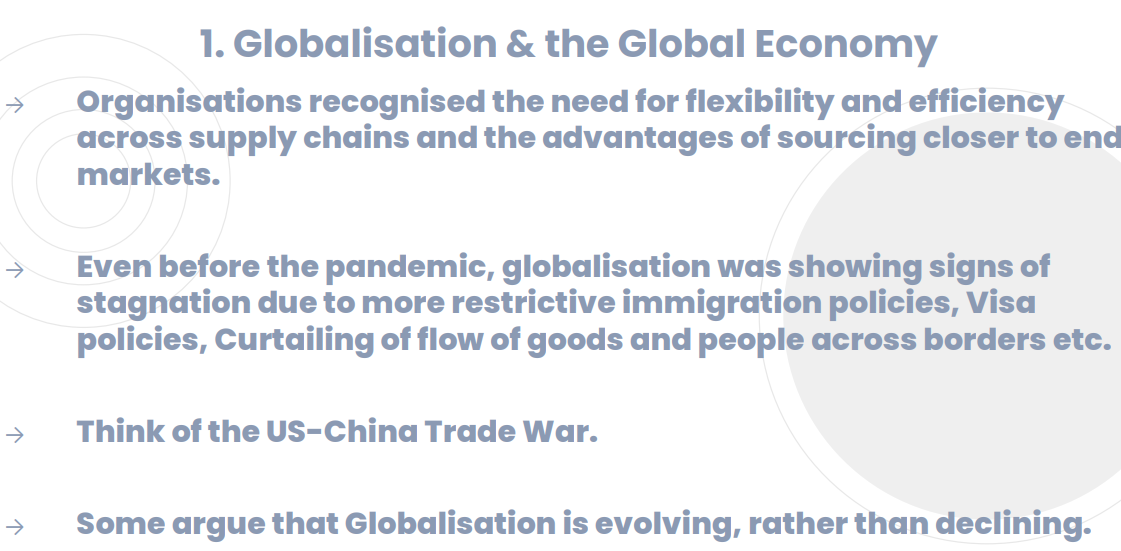(Solved): Question 2 - BusinessNOTE: PICTURES ATTACHTED WITH INFORMATION THAT WILL ASSIST YOU WITH ANSWERING T ...
Question 2 - Business
NOTE: PICTURES ATTACHTED WITH INFORMATION THAT WILL ASSIST YOU WITH ANSWERING THE QUESTION. CASE STUDY BELOW IS NEEDED TO ANSWER THE FOLLOWING QUESTION! THANK YOU.
Woolworths Foods
Woolworths was founded in 1931 when the first store opened its doors in Adderley Street, Cape Town. Three years later, a second branch opened in Durban, with another two in Port Elizabeth and Johannesburg a year later. The Woolworths founder, Max Sonnenberg, believed that success lies in providing customers with superior-quality merchandise at reasonable prices. This belief has been instrumental in establishing Woolworths as one of South Africa’s leading retail chains. Woolworths was among the first local retailers to offer employees a pension fund, medical aid, and maternity leave. It was also an early adopter of technology. A lease agreement for the first computer was agreed to with National Cash Registers (NCR) in the late 1960s, and Woolworths was already using a computerised merchandising system by the early 1970s. In 1974, Woolworths became the first South African retailer to introduce sell-by dates on food packaging. Woolworths was the first South African retailer to offer pre-washed lettuce and machine-washable wool clothing to consumers. It was also one of the first local retailers to remove as many artificial additives and preservatives as possible from food, and it was instrumental in the successful planting of South Africa’s first commercial crop of organically grown cotton.
Woolworths was also the first major retailer to make its products available in the 24-hour convenience retail market. By 2009, there were about 40 Woolworths Food Stops in Engen forecourts around the country and by 2018 this number had risen to 74. Today, Woolworths Holdings Limited is an investment holding company and one of the top 40 companies listed on the Johannesburg Securities Exchange. Its core business focus is the provision of retail (clothing, food, homeware, and beauty) and financial services to upper- and middle-income groups, mainly in South Africa but also in Africa, Australia, and New Zealand. It employs more than 44 500 employees across 14 countries, and trades in over 1 400 store locations. Throughout its 80-year history, Woolworths has grown, evolved, and adapted to the changing world, and the brand has remained true to its core values. The Woolworths values state: customer obsessed, inspiration, responsible, collaborative, and committed to quality. Its vision is ‘to be one of the world’s most responsible retailers’, and the Woolworths mission statement is: ‘We provide shared value through retail
brands that meet the needs of aspirational customers in the southern hemisphere’.
The WHL group consists of three operating subsidiaries, namely Woolworths Proprietary Limited (Woolworths), Country Road Limited (Country Road Group) and David Jones Limited (David Jones), which was acquired with effect from 1 August 2014. Woolworths Financial Services Proprietary Limited (Woolworths Financial Services) is a joint venture with Absa Group Limited, who has the controlling interest in Woolworths Financial Services. The Group Chief Executive Officer is Ian Moir, who was appointed in November 2010. He was appointed to the board of Country Road on 23 October 1998 and was formerly Chief Operating Officer of the company before being appointed Chief Executive Officer in November 2000. He was previously Executive Director and Chief Operating Officer of Woolmark.
The group’s management believes that its long-term success depends on its ability to implement the WHL Group’s strategy and on achieving its targets for each of its strategic focus areas, namely:
• Build stronger, more profitable customer relationships.
• Offer customers a connected retail experience.
• Be a leading fashion retailer in the southern hemisphere.
• Become a big food business with a difference.
• Drive synergies and efficiencies across the group.
• Embed the good business journey throughout its business (in 2007, Woolworths launched its Good Business Journey, which is a plan to make a difference in four key areas, namely transformation, social development, the environment, and climate change).
Their five headline goals for 2020 are:
• Contribute R3,5 billion to their communities.
• Save 500 billion litres of water.
• Halve the energy impact by 2020 and source all energy from renewables by 2030.
• Responsible sourcing of all key commodities.
• Have at least one sustainability attribute for all directly sourced products.
Sustainability is a key component of the Woolworths strategy and has eight focus areas, namely ethical trade, sustainable farming, energy and climate change, water, waste, social development, transformation and health and wellness. Woolworths is the main partner of The MySchool MyVillage MyPlanet programme – one of South Africa’s biggest community fundraising
programmes. In 2017 Woolworths customers raised R105 million for education through MySchool swipes. MySchool MyVillage MyPlanet won three awards at the 2018 Loyalty Magazine Awards for the following categories:
Best CSR Initiative Linked to Loyalty
• Best Long-Term Loyalty Programme
• Regional Loyalty Champions of the Year for Middle East & Africa.
Regarding ethical trade, the Woolworths Holdings ethical trade positioning statement indicates that they are committed to ensuring that both Woolworths Holdings Limited (WHL) and their suppliers operate in a way that respects workers’ rights, maintains safe working conditions, upholds local employment laws, and protects the environment and the welfare of animals. Their goal is to ensure that all their packaging across their food and clothing business is reusable or recyclable by 2022, and that they will eliminate the use of single-use plastic bags by 2020. They are also in the process of removing single-use cutlery and straws from their stores and cafés. All Woolworths suppliers are audited independently against food safety and hygiene standards. Regarding ensuring an ethical
supply chain, WHL concentrate on the following:
- Policies: We expect our suppliers to share our vision and business codes of conduct. Our code is underpinned by the ILO conventions and the ETI base code.
- Ethical audits: We’re a member of SEDEX, a transparency tool for ethical auditing. We are working to convert our suppliers to SMETA or other globally recognised audit protocols using the SEDEX data platform, but also continue to audit those who have not yet made the switch against our own independently verified ethical audit protocols.
- Partnering: We partner with best-in-class organisations, standards, and certification schemes to tackle complex and systemic issues to further strengthen our relationships with our suppliers.
- Building capacity: Training our staff in human rights, ethics and responsible commodity sourcing is key to driving progress.
Woolworths Holdings was included in the FTSE/JSE Responsible Investment Top 30 Index for 2017/2018 and was included in the FTSE Good Emerging Index Series for 2017/2018. It has been included in the Dow Jones Sustainability Index for the seventh year in succession, as well as on the Emerging Markets Sustainability Index.
Woolworths Holdings also maintained its Vigeo Eiris Best Emerging Markets Performers Ranking (the 100 most advanced companies in Emerging Markets universe) as of June 2018 and was listed at #40 in Fortune’s Third Annual ‘Change the World’ List of Companies That Are Doing Well by Doing Good. Woolworths is one of 27 BRICS’ companies selected by The Boston Consulting Group as part of its 2014 BCG Local Dynamos report. ‘Local dynamos’ are emerging-market firms that have succeeded by staying home and beating both multinationals and local, often state-owned, companies. Woolworths was included for its uniquely ingrained sustainability principles across the business. Woolworths is also investing in the latest technology. It has recently launched its updated app on Android and iOS with new functions and more security benefits. This resulted in a 166 per cent growth in app registrations for 2017. The app provides customers with daily information on food and fashion and influences their on- and offline buying behaviour.
QUESTION 2.4 Discuss “Globalisation and the global economy” as variables influencing a contemporary organisation such as Woolworths to change
below will assist with your answer, additional research may be needed

